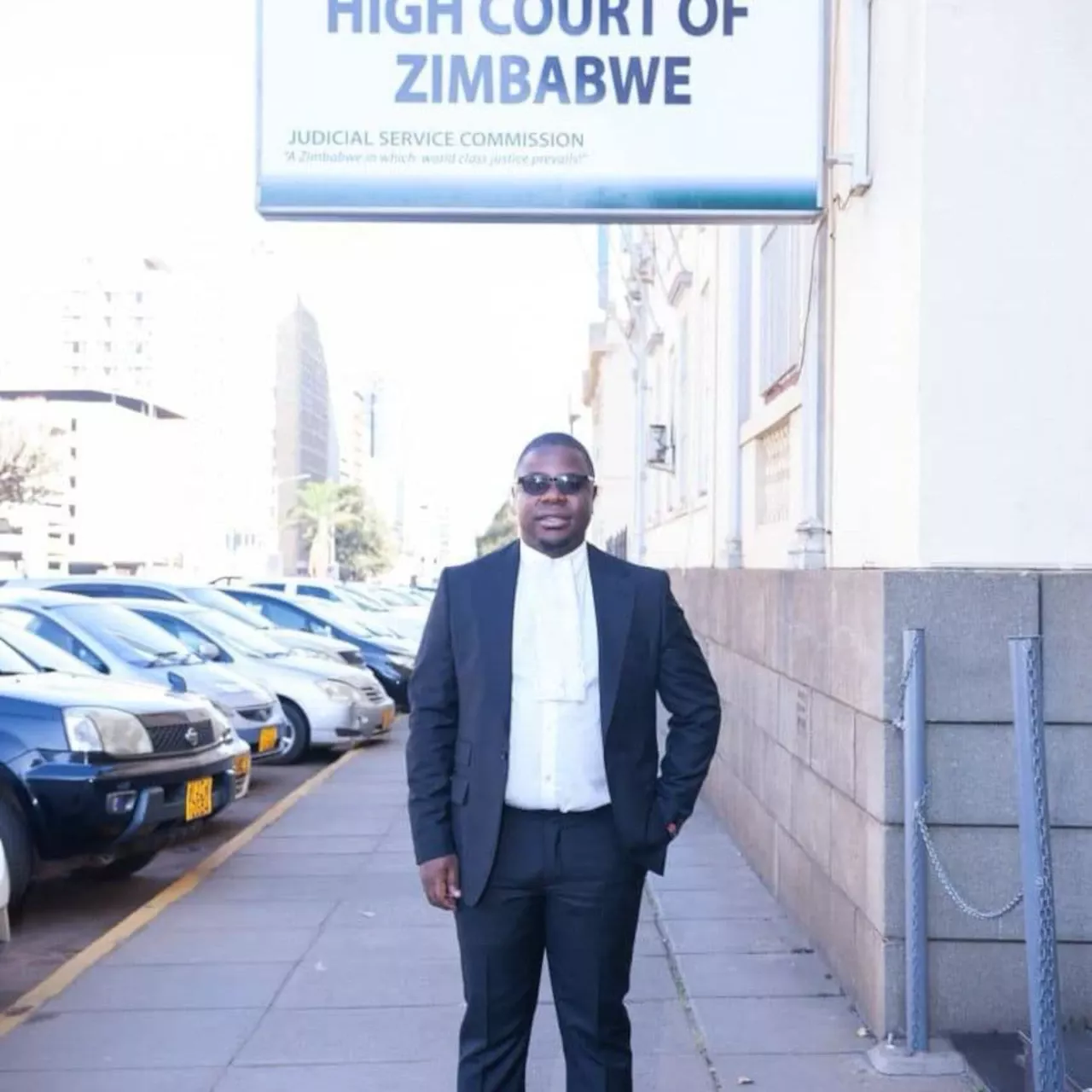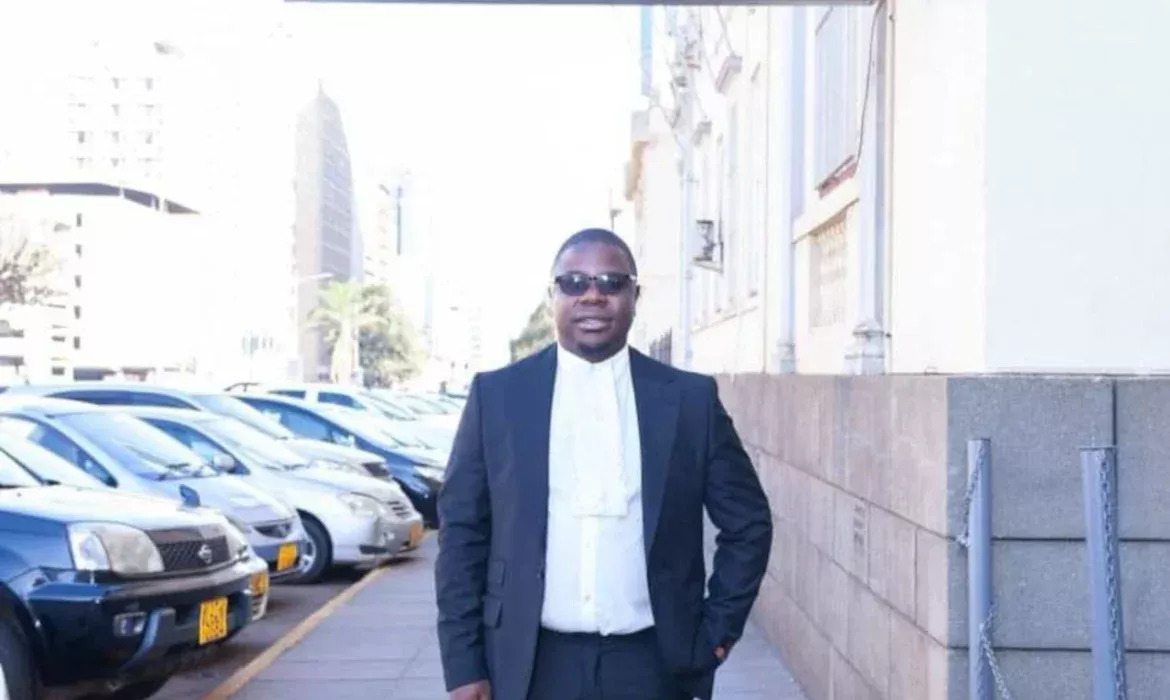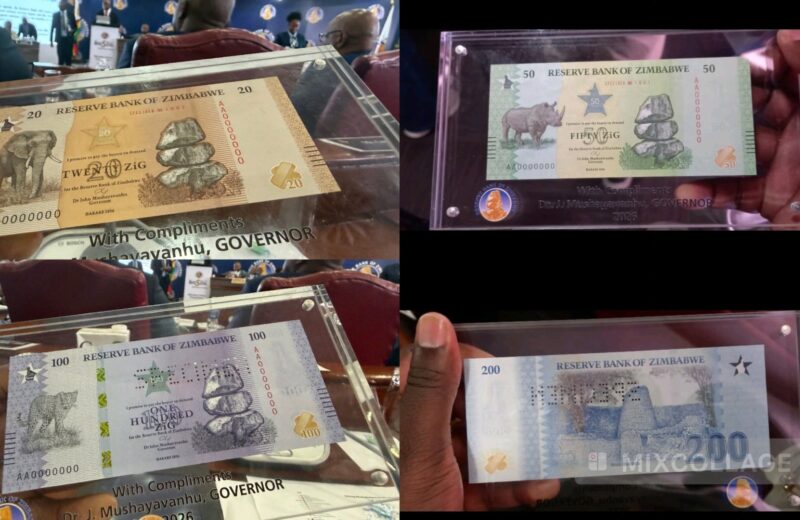By Lenon Itai Rwizi
A wave of evictions has descended upon the Harare suburb of Msasa Park, leaving 800 families facing the loss of their homes. This follows a series of court rulings that confirmed the land is privately owned by Msasa Park (Private) Limited. The legal process has concluded, and the evictions have now begun, with 50 families already removed from the property known as Stand 560 Chadcombe Township, which measures approximately 280 hectares. The dispute started years ago when families began building homes on the land, believing it had been given to them. However, the landowners later proved in court that the property had always belonged to their private company.
Given the high stakes and the recurring loss of hard-earned savings, it is important for would-be property purchasers to follow some of the reasonable steps herein provided in order to minimise loss.
A. Properties Owned By Way Of A Title Deed
1.1 Request certain documents from the purported owner — namely certified copies of the Deed of Grant or Deed of Transfer, as well as the identification documents of the supposed owners. It is always good practice to even request the fingerprints of the purported owner.
1.2 Visit the Surveyor-General’s Office – it is important to get a legal description of the property. Always remember, “No diagram, no deed.” Major red flag!
1.3 Conduct a Deeds search at the Deeds Office. See if the names and details of the prima facie owner and the named individual on the Deed tally. The Deeds search will also help highlight if there are any caveats, miscellaneous agreements, encumbrances (e.g. a mortgage bond), endorsements on the property in question (such as a sale in progress), et cetera; ergo, a Deeds search is always imperative.
1.4 Consult an expert (for example, a legal practitioner specialising in property law such as Facebook Profile). Seek their expert opinion and see if they are able to verify the identity documents of said owner. Speaking of an attorney, ask them to write and send the identity documents in question to the Registrar-General to verify.
1.5 See if you are also able to report to the Registrar-General’s Office and seek verification yourself.
1.6 If the property is part of an estate (deceased estate), make sure to request the Letter of Administration from the Master of the High Court.
B. Property Owned By Way Of Government Or Developer Cession
2.1 Obtain documents proving the cession holder (these documents include the Agreement of Sale between the supposed owner and the local authority, as well as a certified copy of their ID).
2.2 If in doubt as to the authenticity of said documents, engage a legal practitioner specialising in property matters, and possibly request them to write to the Registrar-General’s Office to check the authenticity of the ID documents.
2.3 Visit the local authority with the Agreement of Sale and check the veracity of the cession – this will assist in verifying ownership.
C. Property Whose Mode Of Ownership Is Developer Cession (And One Is Purchasing From The Property Developer Directly)
3.1 The subdivision permit (these permits are issued by either the City of Harare, City of Bulawayo, or Ministry of Local Government when the slated layout plans of the development have been approved).
3.2 The development permit (issued by the aforementioned authorities’ engineers after the developer’s engineering plans have been approved).
3.3 The dispensation certificate (very key, as it signifies that the Surveyor-General has put their imprimatur on the development and the survey that was done on it).
3.4 The certificate of compliance signifies that all the requirements of the relevant local authority have been met and all stand owners may build.
3.5 View the property in question – check if it is exactly what you want.
3.6 Please try and only deal with property developers who have a proven track record. Make sure to engage an organised and efficient property lawyer to conduct the due diligence exercise.
4. Conclusion
In conclusion, extreme caution should be exercised when purchasing property in Zimbabwe. Members of the public are advised to follow some of the steps discussed before and when purchasing a property. Engaging professionals, such as a registered legal practitioner, minimises the risk of falling victim to the indicated fraudsters.

Lenon Itai Rwizi is a Registered Legal Practitioner of the Superior Courts of Zimbabwe and can be contacted on: +263 774 159 146 or +263 713 967 341, or via email at [email protected]. The above does not constitute formal legal advice and does not create any type of attorney-client relationship. Please seek legal advice from your own lawyer by contacting the writer at Facebook Profile or any attorney of your choice.
Follow Us on Google News for Immediate Updates
The post 800 Families Face Eviction In Msasa Park: Due Diligence Steps To Follow Before And When Purchasing Immovable Property In Zimbabwe appeared first on iHarare News.











